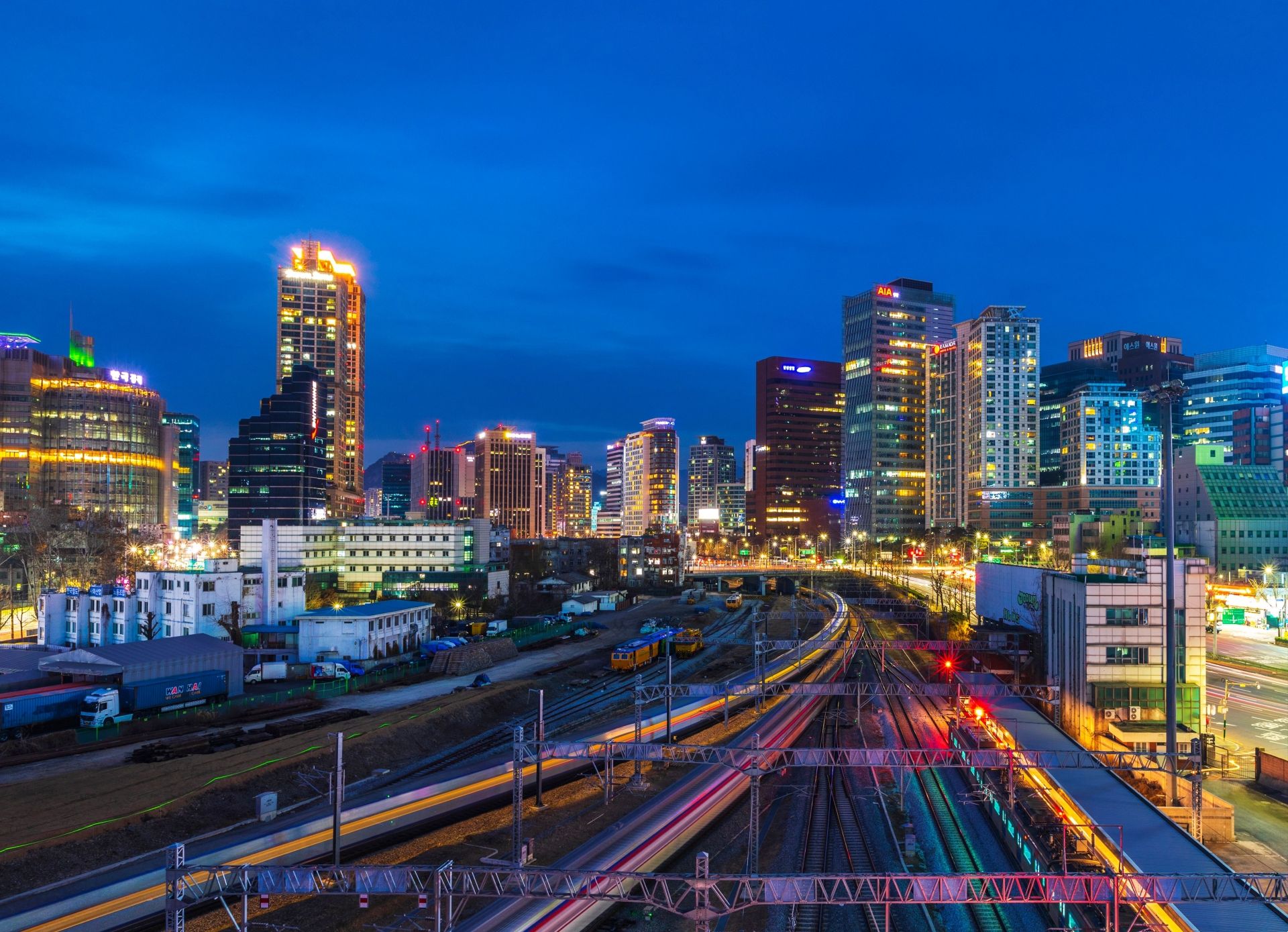Despite the escalating US-China trade war, global multinational corporations have not significantly reduced their business in China. However, as China further relaxes its current regulations for foreign companies, it is expected that more global MNCs will increase their investments in China.
One sector that is unlikely to do badly in China is the consumer business. The most recent success story is that of US wholesale chain Costco, which opened its first physical store in China in late August and attracted large crowds. Costco actually first entered the country in 2014 by opening an online store on Alibaba Groups’ Tmall online marketplace.
On July 31, Swire Coca-Cola announced it would relocate its China headquarters from Hong Kong to the Pudong New Area in Shanghai, stating that it will focus its global strategy on China. In late 2018, Travelex also announced it would set up a new APAC headquarters in Shanghai.
Manufacturers shipping goods to US are now subject to higher tariffs due to the US-China trade war and some were reported to be considering moving manufacturing facilities to Southeast Asian countries such as Vietnam. Yet, according to a managing director at a US bank, relocation to the region is not easy as Southeast Asian countries generally do not have sophisticated infrastructure.
“I haven’t heard from our MNC clients that their businesses are contracting in a major way in China,” says the banker. “For MNCs, moving plants does not just mean building the plants and hiring people. When they set up their plants back in the early days in China, the main consideration was infrastructure.”
“A large majority of our clients in industrial and technology are doing rebalancing work. They are clients who have manufacturing plants in China, Malaysia, Thailand or India. As they kept an eye on their orders, they also invested in re-setting up or re-adjusting their plants whereby the China plants will be supplying their Asian customers and the Malaysia or Thailand plants are supplying the US.”
A China CFO at a German trading company based in Shanghai told The Asset that although its entrepot business is impacted, it has not decided to cut its China operations. “It all depends on the cost and the efficiency,” says the CFO.
In addition, global MNCs such as J.P. Morgan Securities, Allianz, and Korean Reinsurance Company have recently set up offices in Shanghai. In the first half of 2019, eight new MNCs set up their regional headquarters in Shanghai Lujiazui while 11 MNCs set theirs up in Pudong New Area. Currently, over 100 and 310 MNCs are regionally headquartered, respectively, in Shanghai’s Lujiazui and Pudong New Area.
In August, Shanghai added a 119.5-square-km untapped area at Lingang to its free-trade zone, aiming to build a testing ground for further reforms and potentially an offshore territory for financial liberalisation.
“The Shanghai FTZ is sanctioned by China's State Council to operate on more open trade terms than nationally. We believe the FTZ's planned expansion, announced recently, is especially important given escalating US-China trade tensions. In our view, the addition of Lingang reflects the area's strengthening priority among the government's development goals. Supportive policies from the central and Shanghai municipal governments might include tax incentives and exemptions to attract targeted industrial tenants, including foreign companies,” notes a report from S&P Global Ratings.
In mid-2019, NDRC and MOFCOM promulgated the 2019 edition of the Catalogue of Encouraged Industries for Foreign Investment. The catalogue includes a national list setting out 415 industrial sectors in which foreign investment is encouraged nationwide and also a list of priority industries for foreign investment in each of the central and western regions, including three northeastern provinces and the southernmost province of Hainan island.
The catalogue aims to encourage the flow of foreign investment into those less developed regions. Foreign investors following the catalogue will receive beneficial treatment in terms of corporate income tax, customs duties for imported self-use equipment, and land price.
According to the World Bank, China ranked 46th in terms of ease of doing business in 2018, 32 places higher than 2017. In the first half of 2019, China reduced 1.17 trillion yuan (US$160 billion) in taxes and fees. Four hundred and ninety of the Fortune 500 companies have invested in China. For the first seven months in 2019, 24,000 new foreign companies have been set up in China.
On the other hand, despite the recent depreciation of renminbi, China has not yet suspended cross-border pooling. Global MNCs in China are still allowed to make payments and collections through cash pools.
“Recently, we have not heard of any window guidance in terms of stopping cash from going out through their cross-border pools in China. This could be because of the currency situation in China. Our pools are functioning well in terms of getting the money in and out based on the regular operation of the pools,” says the banker.
In 2018, the Shanghai FTZ handled cross-border renminbi settlement amounting to 2.55 trillion yuan. Transactions through the cross-border renminbi pool amounted to 482.6 billion yuan.









